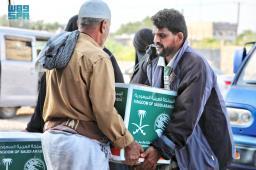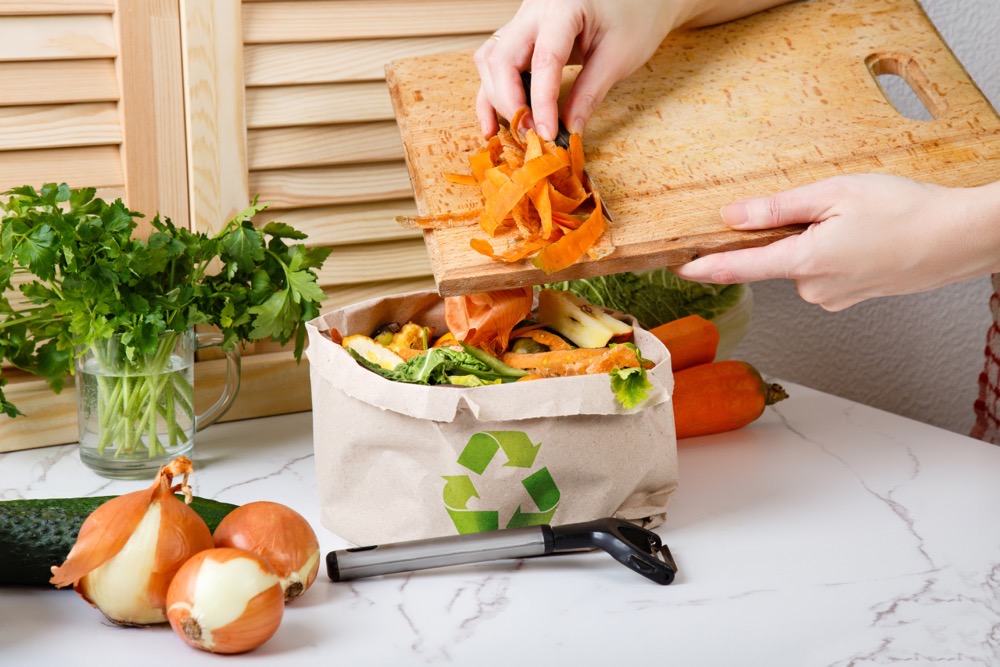JEDDAH: Nearly 55 years ago, a young Pakistani calligrapher embarked on a captivating journey to master the Islamic art form of calligraphy. Today, his work adorns the walls of the Prophet’s Mosque in Madinah.
Shafiq Uz-Zaman Khan, known in Saudi Arabia as “Al-Haram Calligrapher,” is proud that his journey into calligraphy, which began in childhood, brought him to the second holiest and largest mosque in the world.

Three of Khan’s paintings hang in Al-Rawdah Al-Sharifa, each of which are made of 24-karat gold and took six months of work. (Supplied)
“In my childhood I used to write on the walls of my house, other houses on our street, on school notebooks and the covers of my brothers’ books. I had a passion for beautiful handwriting,” he told Arab News.
Khan, who has lived in the Kingdom for 45 years, said coming to Madinah was the probably the greatest thing happened in his life: “I spent half of my life in Madinah and wish to live the rest of my life there.”
HIGHLIGHTS
• Shafiq Uz-Zaman Khan, known in Saudi Arabia as ‘Al-Haram Calligrapher,’ is proud that his journey into calligraphy brought him to Madinah.
• He was awarded the President’s Award for Pride of Performance in Pakistan, considered the highest literary award given by the state.
• He finds a peace while doing calligraphy in Madinah that he has not discovered anywhere else, he said.
He continued: “Living in Madinah and at the same time being the calligrapher of the Prophet’s Mosque … that’s unbelievable.”

He finds a peace while doing calligraphy in Madinah that he has not discovered anywhere else, he added.
Born in Rawalpindi and raised in Karachi, the 68-year-old’s passion for calligraphy was ignited while painting signboards for shops around the Pakistani capital to earn a modest living.
I was happy to move to the place that I dreamed of since I was young and the most important thing for me was just to be close to the Prophet’s Mosque.
Shafiq Uz-Zaman Khan, Arabic calligrapher
In 1979, a Saudi businessman visiting Karachi saw some of Khan’s paintings and engaged him to work at the company he owned in Riyadh. After proving his prowess as a calligrapher in the advertising industry, he was offered a job in Madinah.
“Despite my good status in Riyadh and the great relationship I had with my sponsor, I was so happy to move to the place that I dreamed of since I was young and the most important thing for me was just to be close to the Prophet’s Mosque,” said Khan.
“In 1991, the management of the Prophet’s Mosque announced a competition to choose a calligrapher to restore the Qur’anic writings in the mosque dating back to the Ottoman era. I decided to enter the competition, but the organizing committee refused my registration because I was not a professional calligrapher and also my native language was not Arabic, and they thought it would be hard to compete against other Arab calligraphers.”

Shafiq Uz-Zaman Khan, Arabic calligrapher
Khan managed to convince the organizing committee that his skills and passion for his craft meant he should be given a chance. He went on to win the contest.
“There were calligraphers from Egypt, Syria, Jordan, Iraq and other Arab countries but I was confident and was so happy to be selected as the winner,” said Khan.
His work did not stop at restoring the existing writings and verses. He was assigned to write in a number of domes in the Haram, combining “revitalizing ancient writings with the implementation of new calligraphic paintings.”
He was also entrusted with writing new plaques for several chapters, including the Chapter of Peace, the Chapter of Abu Bakr al-Siddiq, the Chapter of Mercy and the Chapter of Gabriel.
“All the works that I executed carry the same importance, whether they are the Qur’anic paintings that I executed in a number of domes, on the walls, or the names of the doors. This place is unusual for every Muslim, and it was an honor for me to work there,” he said.
After completing calligraphy on the 177 domes, he received positive feedback on his work. One dome takes approximately two months to complete, including the design and implementation.
Three of Khan’s paintings hang in Al-Rawdah Al-Sharifa, each of which are made of 24-karat gold and took six months of work.
The calligrapher enjoyed a proud moment when the President of the General Presidency for the Affairs of the Two Holy Mosques, Sheikh Abdulrahman bin Abdulaziz Al-Sudais, honored him for his efforts and proficiency.
“It was unforgettable moment for me … I will always cherish it,” he said.
Khan has also won several competitions at national and international level and was awarded the President’s Award for Pride of Performance in Pakistan, considered the highest literary award given by the state.


































